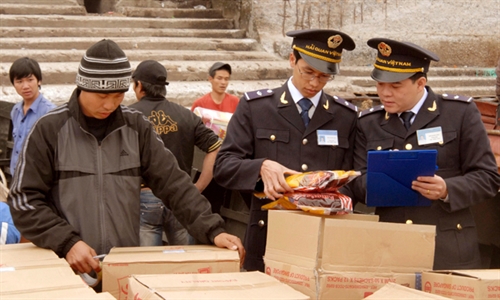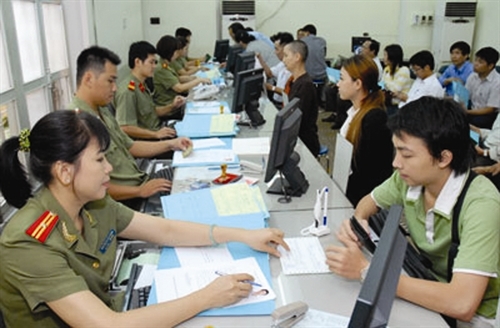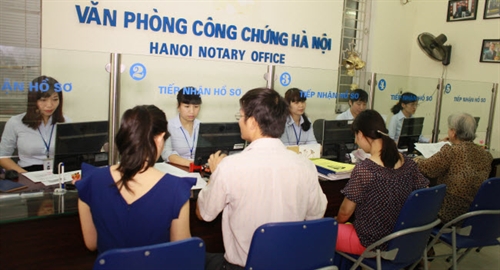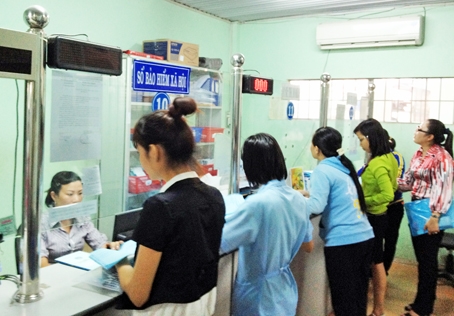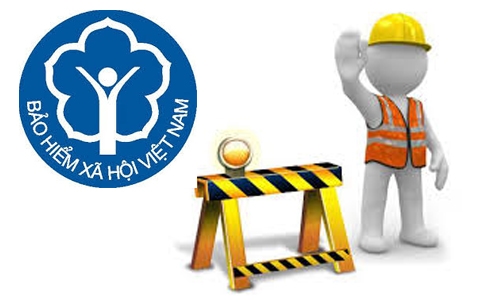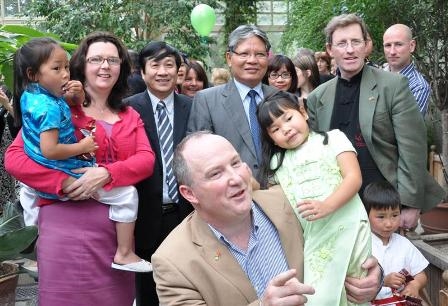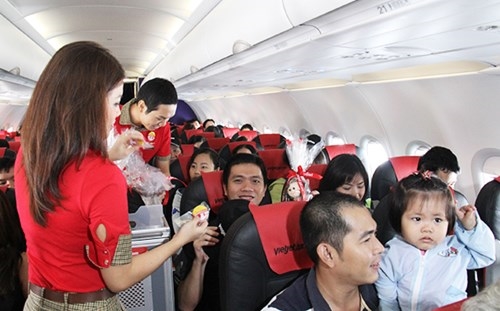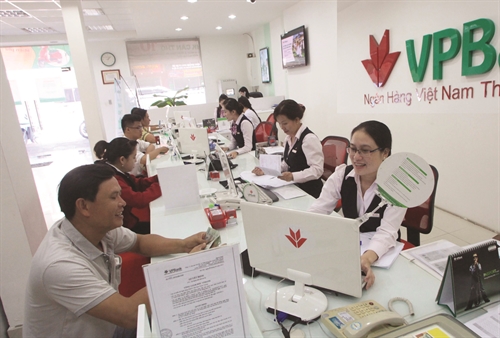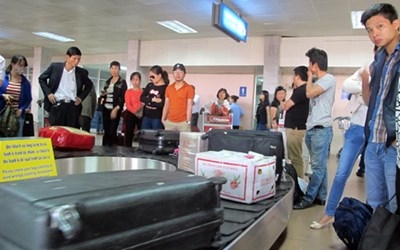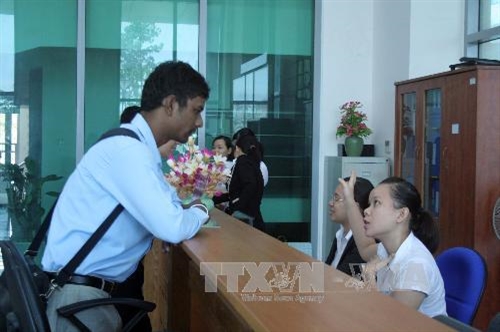I am a New Zealander and have been married to a Vietnamese for 20 years. I have been living in Vietnam since 2007 and co-own a small hotel in the country with my wife, who holds the land use rights but is suffering a seriously illness. How can I inherit the land use rights and hotel ownership from my wife under Vietnamese law in case she passes away?
Under the Civil Code of Vietnam, should your wife die, you may inherit her estate in accordance with law or with her testament.
A new provision of the 2014 Housing Law also allows foreigners to, apart from inheriting the estate, undersign the land use right certificates. This provision aims to help heirs who are overseas Vietnamese or foreigners legally become holders of inherited land use and house ownership rights.
However, foreigners are only entitled to own houses in Vietnam through purchase, rent-purchase, receipt of donated or inheritance of commercial houses, including condominium apartments and detached or semi-detached houses in housing projects, except those located in national defense and security maintenance areas prescribed by the Government.
So, if your house is a commercial one (a condominium apartment or detached or semi-detached house) under a housing project, you will be allowed to own the house. If it is not, you may only manage and inherit the estate value through transfer of the inherited land use and house ownership rights.
In case you transfer the inherited house or land (use rights), you must ensure that the procedures for inheritance declaration will be completed in accordance with the Notarization Law. Accordingly, the agreement on division and declaration for acceptance of estate must be posted publicly at the People’s Committee office of the commune or ward where the estate leaver last resided. In case the place of permanent residence of the estate leaver is unidentified, such agreement must be posted in the People’s Committee of the commune or ward where the estate leaver temporarily resided for a while.
If neither of such places is identified, the agreement on division of estate must be posted at the commune-level People’s Committee of the locality where the real estate of the estate leaver is situated. After 15 days of posting, if no complaint or denunciation is filed, the notary public office will certify the agreement.
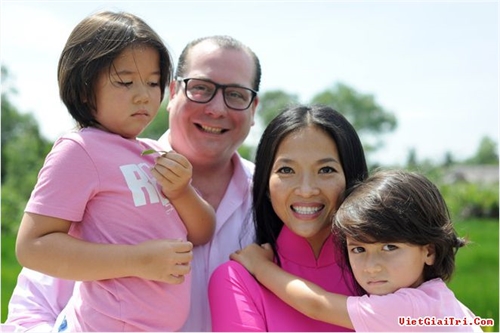 |
| The 2014 Housing Law allows heirs who are overseas Vietnamese or foreigners legally to become holders of inherited land use and house ownership rights __Photo: Internet |
After my wife passes away if I wish to return to my homeland, may I transfer to New Zealand the money earned from the transfer of the inherited land (use rights)? Will that income be liable to personal income tax?
Regarding personal income tax, income from the transfer of real estate will be taxed. However, for income generated from the transfer of inherited estate, the transferor will be exempted from personal income tax in the following cases:
- Income is generated from the transfer of real estate between spouses; parents and their children; adoptive parents and their adopted children; fathers-in-law or mothers-in-law and daughters-in-law or sons-in-law; grandparents and their grandchildren; or among blood siblings.
- Income from the transfer of residential houses, rights to use residential land and assets attached to residential land received by individuals who have only one residential house or land plot each.
So, you will only be exempted from personal income tax if the land (use rights) is the only estate which you own in Vietnam or you transfer such land only to your family members (your grandparents, adoptive parents, your parents or your wife’s parents, or your blood siblings).
For remitting abroad the money earned from the transfer of inherited land (use rights), if the heir is a foreigner not allowed to purchase residential houses attached to residential land in Vietnam, he may remit abroad the monetized estate value in accordance with the Ordinance on Foreign Exchange.
Specifically, overseas Vietnamese representing such heir may contact a bank licensed to deal in foreign exchange to carry out procedures for remitting or bringing abroad the foreign-currency amount (generated from the estate). The dossier for carrying out the procedures must comprise:
- An application for foreign currency remittance or bringing, made according to a form set by the bank;
- The original or a notarized copy of the competent agency’s document on the estate division or a testament or a written agreement between the lawful heirs;
- A power of attorney made by the heir (notarized or authenticated) or document proving the capacity of the applicant for foreign currency remittance or bringing to act as the at-law representative;
- A copy of the applicant’s identity card (in case of applying for foreign currency remittance) or passport (in case of applying for foreign currency bringing).- (VLLF)
